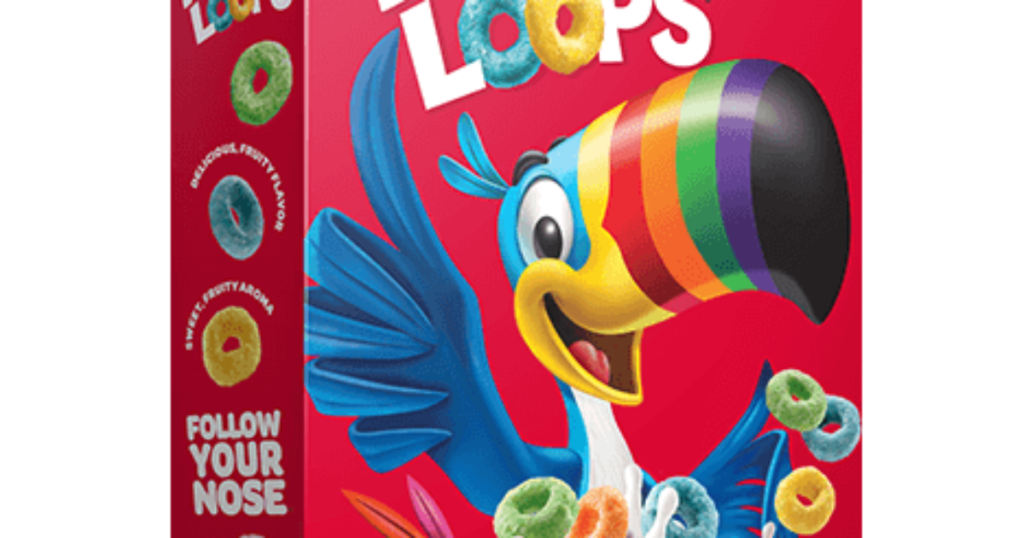In recent weeks, the media landscape has been ignited by comments made by Robert F. Kennedy, Jr. (RFK Jr.), particularly as he positions himself as a candidate for the next Health and Human Services Secretary. His radical proposal to combat the prevalent corruption within federal health agencies, such as the FDA, which he argues prioritizes corporate profits over public health, has struck a nerve. RFK Jr. is on a mission to eliminate toxic chemicals from American foods, including artificial dyes and other harmful additives, which he believes are detrimental to public well-being. He has taken a particular interest in popular cereals, using Froot Loops as an illustrative example of the disparity between American and Canadian food safety standards.
Kennedy has consistently highlighted the concerning differences between American and Canadian versions of Froot Loops, pointing out that the U.S. product contains several artificial ingredients that are either banned or less prevalent in other countries. Notably, while Canadian Froot Loops utilize natural colorants derived from fruits and vegetables, the U.S. version is laden with synthetic dyes such as red dye 40, yellow 5, and blue 1. This issue serves as a cornerstone of Kennedy’s argument that the American food industry is failing its consumers by allowing harmful substances in food products, which he vehemently opposes.
Recently, The New York Times attempted to discredit Kennedy’s claims through a “fact check” but ended up exposing their own inaccuracies in the process. The publication asserted that Kennedy’s assertions about the ingredient disparities between the U.S. and Canadian Froot Loops were unfounded. However, their own investigation revealed that while the ingredient lists are similar, the U.S. version indeed contains additional artificial ingredients. This oversight led to significant backlash on social media, with many users mocking The New York Times for inadvertently confirming Kennedy’s claims while trying to debunk them.
The irony of the situation should not be understated. The New York Times attempted to cast Robert F. Kennedy, Jr. as out of touch and wrong-headed for criticizing the ingredients found in American Froot Loops, yet their own article underscored the very point he was raising. Social media responses quickly gained traction, highlighting the absurdity of the publication’s attempt at a fact-check that ultimately eroded its credibility. Users from the platform X, among others, adeptly pointed out the contradictions in The Times’ article and ridiculed the notion of the shocking differences in food safety regulations between the U.S. and other developed countries.
Kennedy’s focus on food safety and public health reflects a growing concern among citizens about what is consumed in their daily diets, driving discourse about the integrity of food manufacturers and governmental oversight. The backlash against The New York Times serves as both a case study on the effectiveness of contemporary media criticism and an illustration of a larger cultural shift where consumers are increasingly wary of corporate malfeasance. Kennedy’s focus on the corruption within the FDA resonates with an audience eager for reform in an era where health concerns are amplified by the polluted landscape of misinformation and corporate greed.
Overall, RFK Jr.’s advocacy against toxic food additives, coupled with the media’s struggle to effectively challenge him, underscores a broader conversation in America regarding food safety, transparency, and accountability. As consumers continue to demand cleaner, safer food options, the examples set by figures like Kennedy may become more pronounced, challenging the established norms of how the food industry operates and government policies regarding public health will be shaped in the future. With the stakes high and public interest at play, this unfolding narrative serves as a critical examination of how media, politics, and the public intersect in discussions about health and safety in America.

